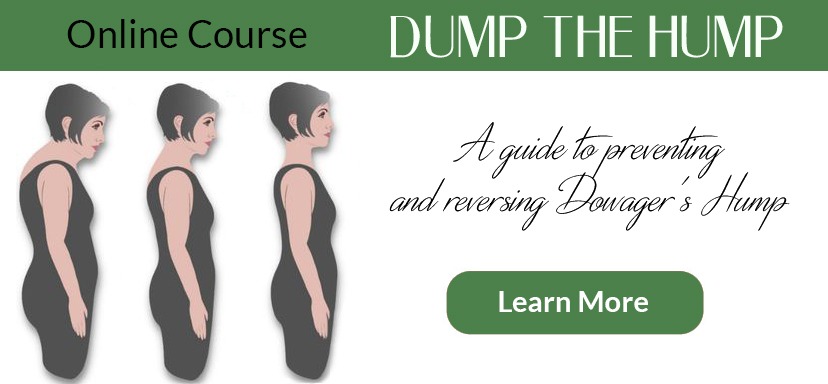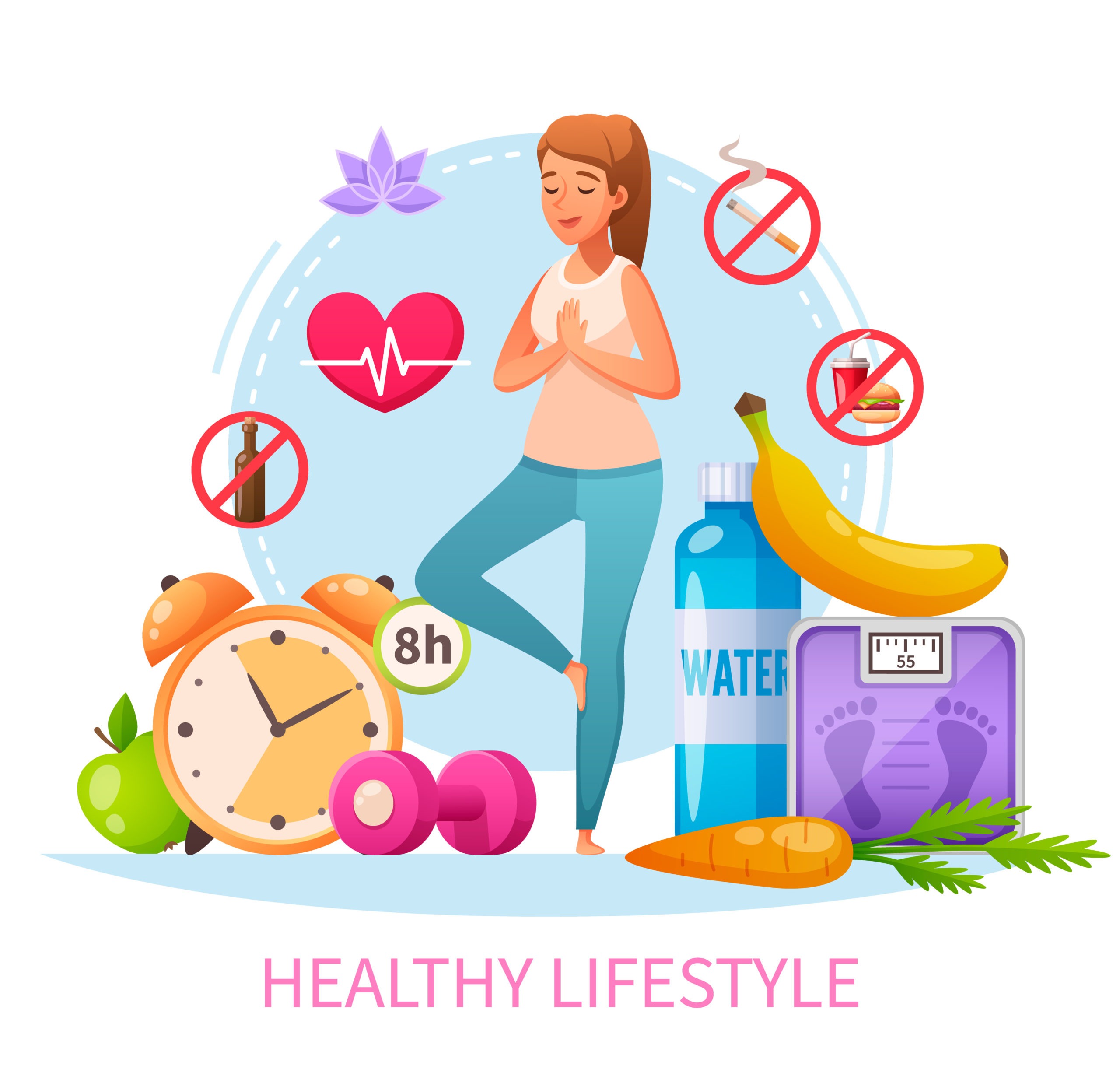Several very large and extended studies—The Women’s Health Initiative Observational Study involving 85k+ women over five years, and the Iowa Women’s Health Study looking at 33k+ women—come to the same conclusion: weight gain directly effects a postmenopausal woman’s risk of getting breast cancer.
The Iowa study found:
- First, the highest rates of postmenopausal breast cancer were observed among women who progressively gained weight throughout adulthood.
- Second, loss of weight, regardless of when it was initially gained during adulthood, was associated with a lower risk of postmenopausal breast cancer compared with the typical pattern observed in this cohort of continued weight gain.
The results of this study done in 2005 have held up over time and the release of subsequent research.
In the Women’s Health Initiative Study, more details came forward to reveal that weight gain from age 50-59 had very strong associations with increasing a woman’s risk of breast cancer, while weight gain during one’s seventies — 70-79 — didn’t raise our risk. The results are similar for both women who have taken hormone replacement therapy, and women who have not. But, the research indicates non-users without a history of breast cancer or family history, were at greater risk.
For every 2.2 lb increase in a postmenopausal woman’s Body Mass Index, her risk of contracting breast cancer goes up by 3%. So carrying that extra 10 lbs. around at menopause and beyond raises our risk by almost 15%.
That doesn’t sound like much, but if we don’t exercise or eat healthfully, and choose to smoke, the risk more than doubles when all these factors are added together. The risk goes up considerably when we up our alcohol consumption along with gaining weight. Additionally, the newest science is now exploring is the effect of environmental elements on the breast cancer statistics.
Now for the good news!
The latest look at these studies and others tell us healthy lifestyle choices can lower our risk by 30%, and that these “modifiable” factors are more important than was once thought. Now that is good news!
To leave you with the latest word on the subject from the American Association for Cancer Research:
In keeping with this, other studies have reported that women who adhered to the World Cancer Research Fund/American Institute for Cancer Research and the American Cancer Society recommendations
- maintaining a healthy weight
- being physically active daily
- limiting consumption of energy-dense foods, red meats/processed meats, high sodium foods and alcoholic beverages
- consuming a variety of vegetables, fruits, whole grains and legumes, and
- breastfeeding exclusively for up to 6 months
had reduced risk of breast cancer. Our findings suggest that a healthy lifestyle may be associated with reduced risk of breast cancer irrespective of the tumor characteristics.
Until next time…Be Vibrant!





